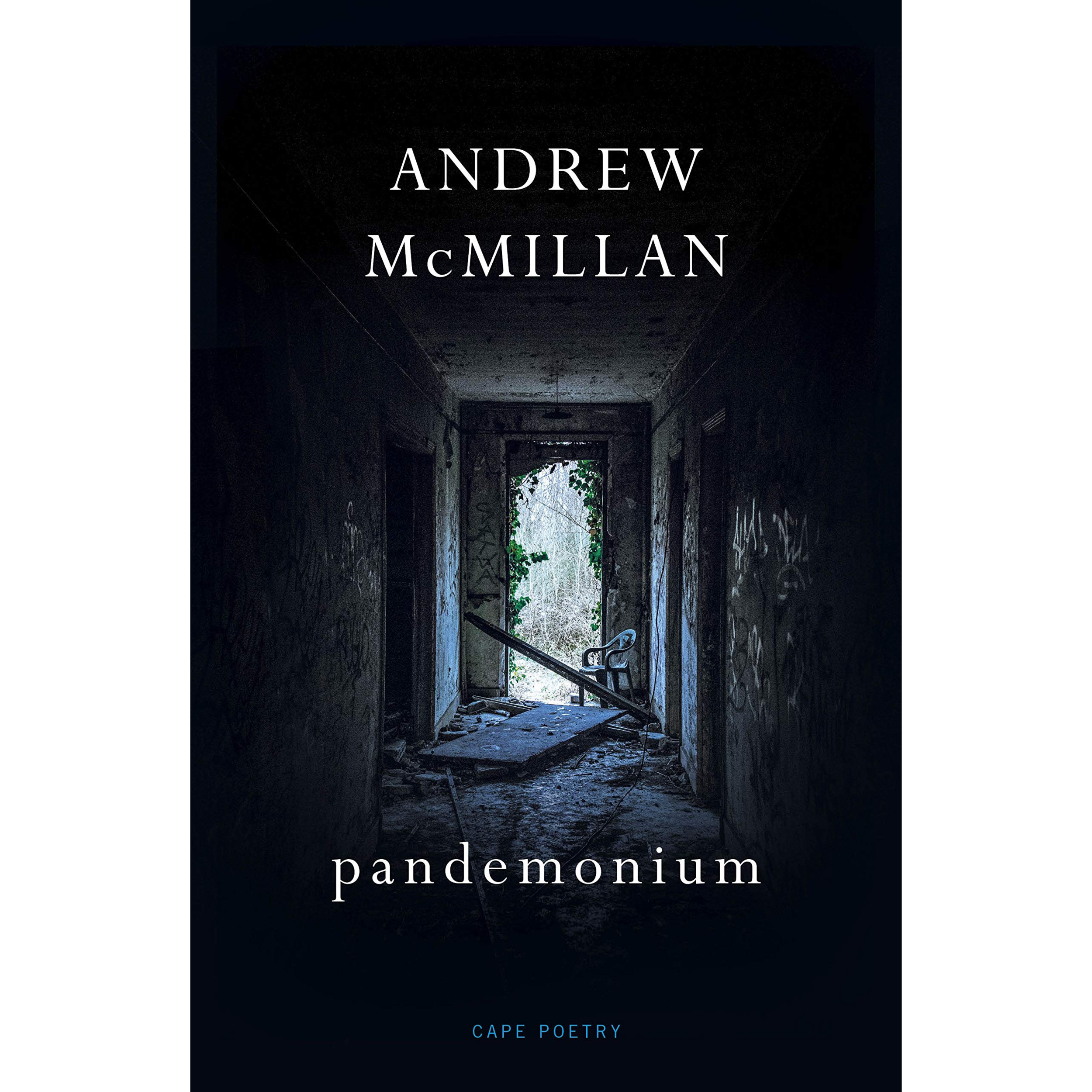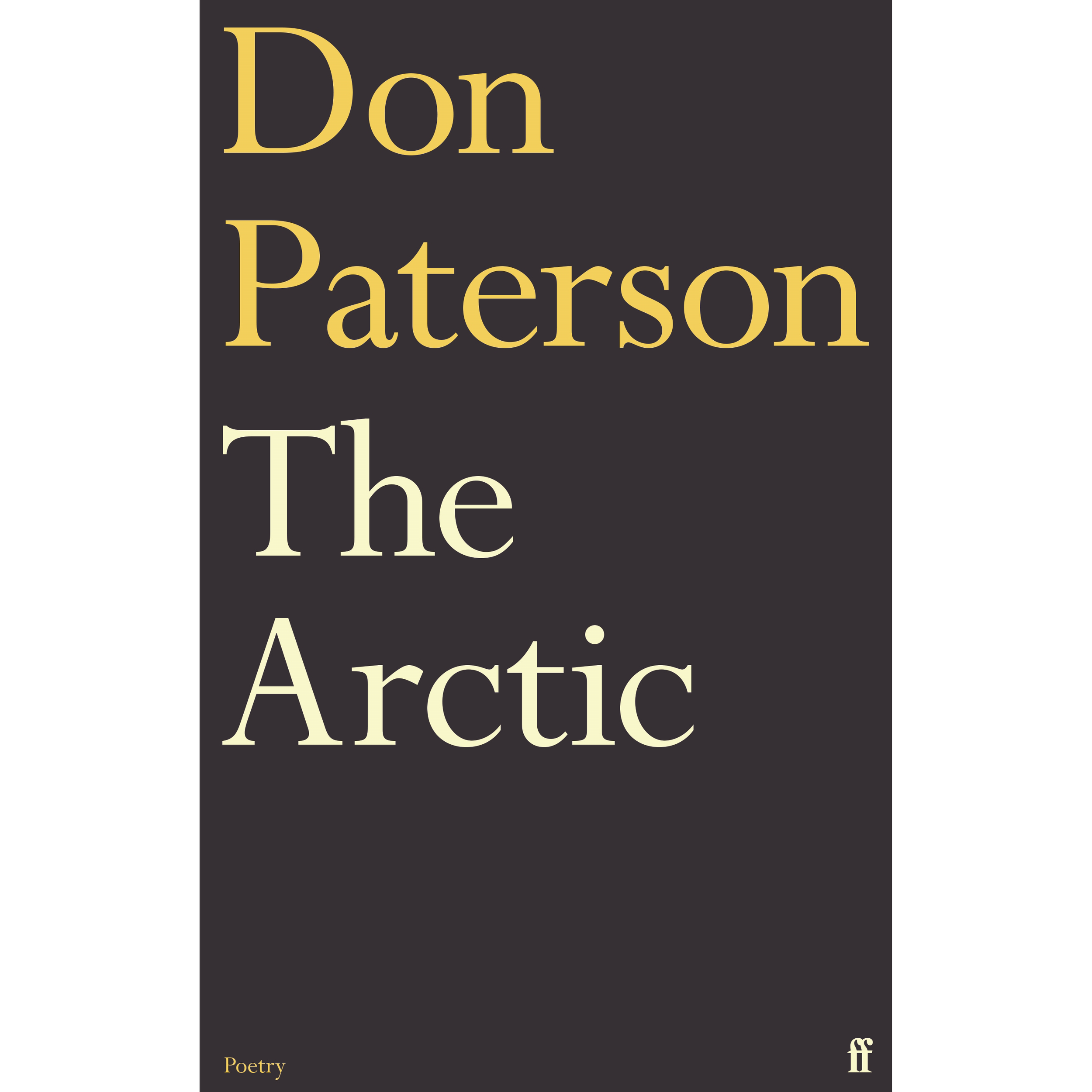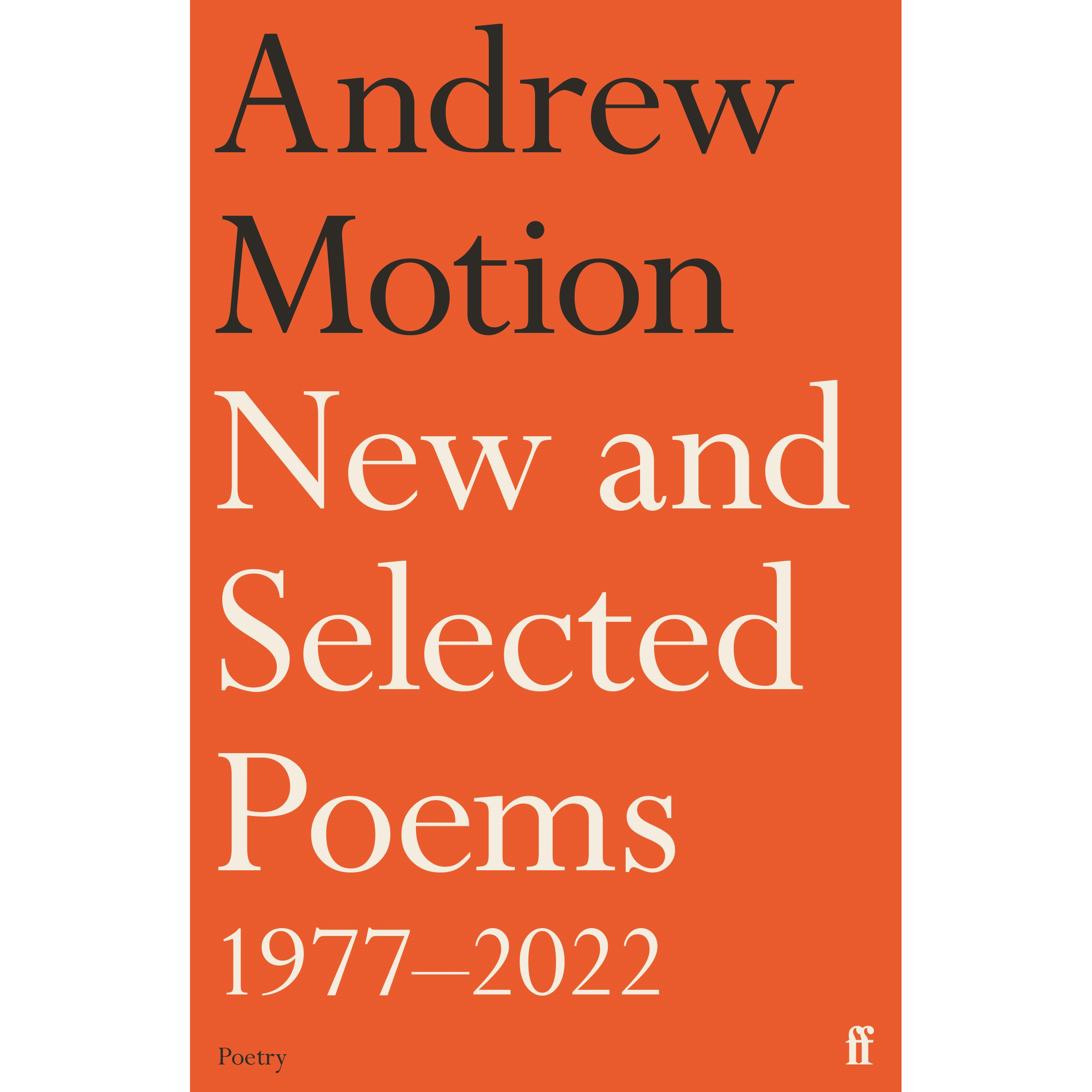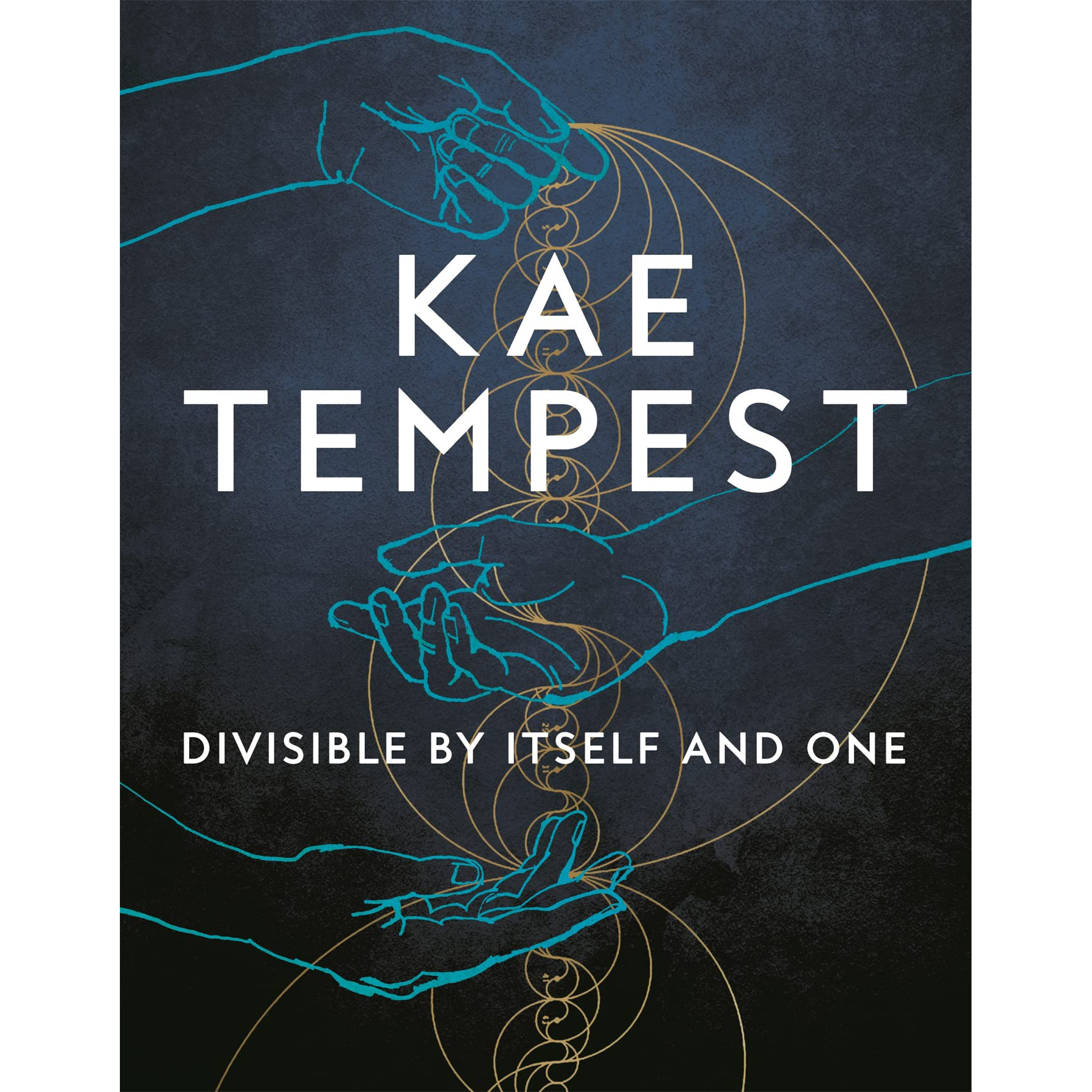pandemonium
pandemonium | By Andrew McMillan
After two prize-winning collections which examined the intimacies and intricacies of the physical body, McMillan's third book marks a shift: both inward, into the difficult world of mental health, and outwards into the natural and political world.
Keeping his trademark breath-space and lower-case lines, but more formally experimental, incorporating sequences and sonnets, the poems in pandemonium explore the fragility and depth of the human mind - in its panic and its troubled retreat - and map this turmoil onto the chaos and abundance of the garden.
Depression is mirrored in the invasive, seemingly untreatable knotweed that slowly suffocates the garden, while the sky conspires in its sudden, terrifying clarity, 'as though the root of the world were ripped clean off'.
McMillan has been celebrated for his unflinchingly frank depictions of the body and sexual love, but these new poems are raw dispatches from a mind in freefall, a body in trouble.
Addressing a period of acute depression, they are less about physical union and completeness and more about fracture and distance: tender, savagely moving poems which stare, unblinkingly, into the sudden havoc and hurt of this world, searching for - and finally finding - some redemption.
pandemonium | By Andrew McMillan
After two prize-winning collections which examined the intimacies and intricacies of the physical body, McMillan's third book marks a shift: both inward, into the difficult world of mental health, and outwards into the natural and political world.
Keeping his trademark breath-space and lower-case lines, but more formally experimental, incorporating sequences and sonnets, the poems in pandemonium explore the fragility and depth of the human mind - in its panic and its troubled retreat - and map this turmoil onto the chaos and abundance of the garden.
Depression is mirrored in the invasive, seemingly untreatable knotweed that slowly suffocates the garden, while the sky conspires in its sudden, terrifying clarity, 'as though the root of the world were ripped clean off'.
McMillan has been celebrated for his unflinchingly frank depictions of the body and sexual love, but these new poems are raw dispatches from a mind in freefall, a body in trouble.
Addressing a period of acute depression, they are less about physical union and completeness and more about fracture and distance: tender, savagely moving poems which stare, unblinkingly, into the sudden havoc and hurt of this world, searching for - and finally finding - some redemption.
pandemonium | By Andrew McMillan
After two prize-winning collections which examined the intimacies and intricacies of the physical body, McMillan's third book marks a shift: both inward, into the difficult world of mental health, and outwards into the natural and political world.
Keeping his trademark breath-space and lower-case lines, but more formally experimental, incorporating sequences and sonnets, the poems in pandemonium explore the fragility and depth of the human mind - in its panic and its troubled retreat - and map this turmoil onto the chaos and abundance of the garden.
Depression is mirrored in the invasive, seemingly untreatable knotweed that slowly suffocates the garden, while the sky conspires in its sudden, terrifying clarity, 'as though the root of the world were ripped clean off'.
McMillan has been celebrated for his unflinchingly frank depictions of the body and sexual love, but these new poems are raw dispatches from a mind in freefall, a body in trouble.
Addressing a period of acute depression, they are less about physical union and completeness and more about fracture and distance: tender, savagely moving poems which stare, unblinkingly, into the sudden havoc and hurt of this world, searching for - and finally finding - some redemption.






